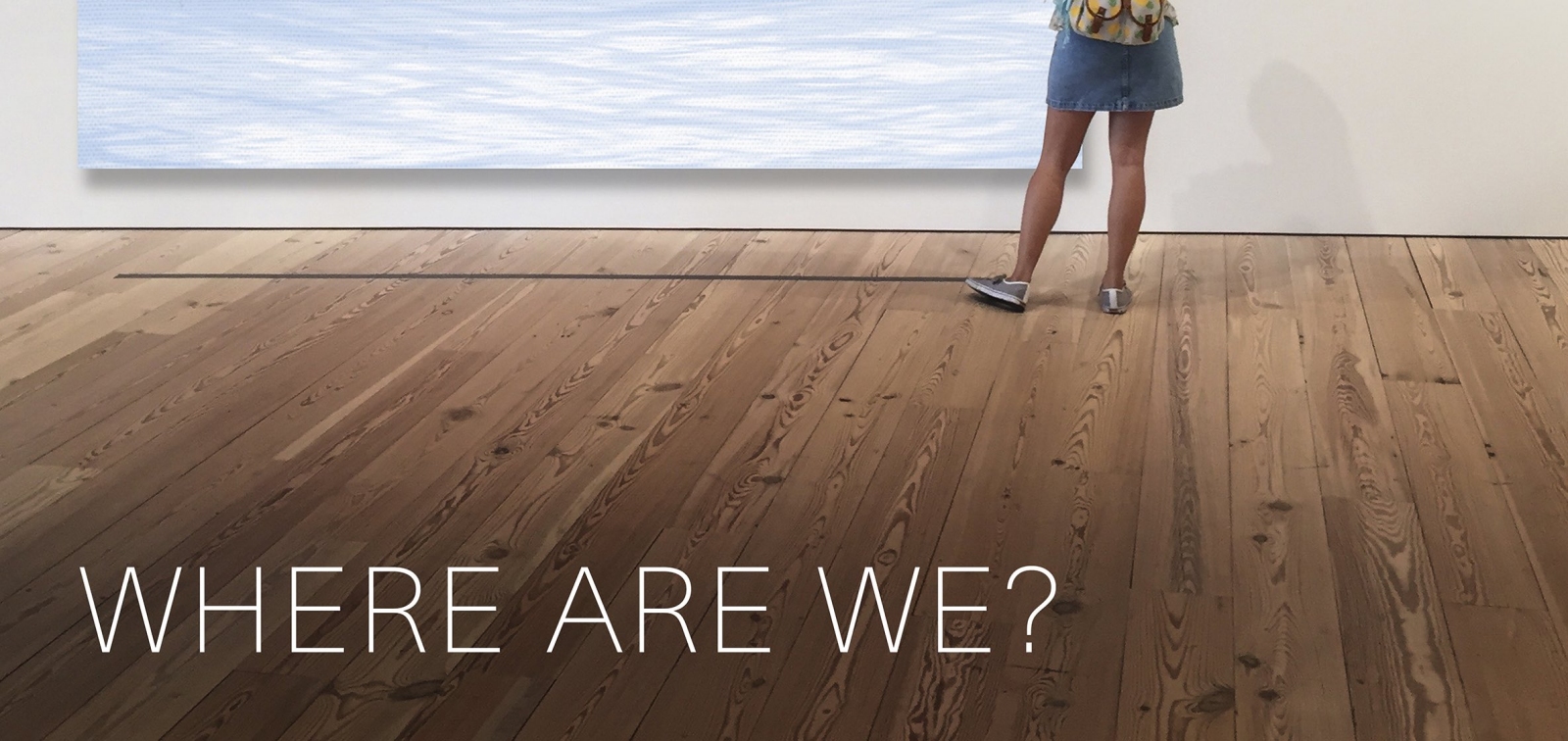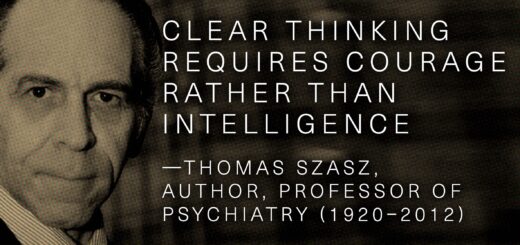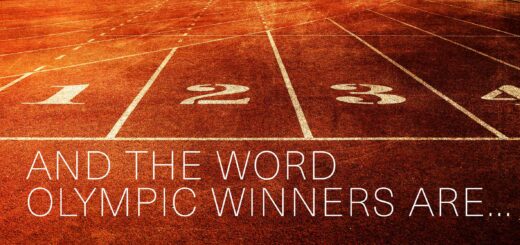Where are we?

Where are we? Thankfully, we’re at a publishing crossroads. The article below was first published by New Zealand Book Month in August 2008, the month after Endangered Words was first published (with the title From Afterwit to Zemblanity). A long seven years later and, finally, I have been able to publish a digital edition of the book. A long-desired sequel is in the pipeline.
This week I am going to write about just one of the words from my new book, From Afterwit to Zemblanity: 100 endangered words brought to life. The word is ubiety, it is my favourite word from the book, and in last week’s blog I awarded it a silver medal for Poignancy in my ‘Word Olympics’. Can you remember what it means?
The Oxford English Dictionary defines ubiety as ‘condition in respect of place or location; local relationship; whereness’. The Random House Dictionary of English (Second Edition, Unabridged) defines it as ‘the property of having a definite location at any given time; state of existing and being localized in space.’ The Webster’s Third New International Dictionary, Unabridged, adds that it is ‘the abstract quality of being in position.’
So why is this word – of all the hand-picked beauties in my book – my favourite?
Ubiety is a condition that deeply affects my life, both privately and professionally. How can anyone whose location is indefinite (neither here nor there) really enjoy life fully? How can a writer – particularly a fiction writer (my first love, despite my three non-fiction books) – write compellingly about places he has not wholly occupied? In 1995, when I joined the world of digital communication by opening my first internet and email account, I lost my grip on ubiety. Thirteen years on, I am only just beginning to regain it.
In case you are unsure of exactly what I mean by ubiety, let me paint a couple of pictures. Ubiety is standing in front of Westminster Abbey on your OE [‘overseas experience’] and actually being there. Ubiety allows you to enjoy the anticipation of this experience, it allows you to be overwhelmed by the greatness of the architecture and the sheer weight and significance of the history, and it allows you to create a vivid and emotive memory that you can call upon for the rest of your life.
Ubiety is not being interrupted and distracted by emails, texts, and phone calls from home, or by researching your next destination before you have even begun to experience your current one, or by having to remember to recharge your mobile phone, your laptop, your iPod, and the batteries for your digital camera.
In our increasingly connected world we risk dislocation and liminality (‘being neither here nor there’) through our readily embraced but seldom questioned digital ubiquity. Just as multi-tasking comes with the risk of doing many things not particularly well, digital connection comes with the risk of both physical and mental disconnection. Whose attention isn’t fractured these days?
So I am on a mission to do more by doing less, to be more available by being less available, and to enjoy life more by devouring it in smaller bites. And the only getting lost I want to do is when I lose myself in a great book!


